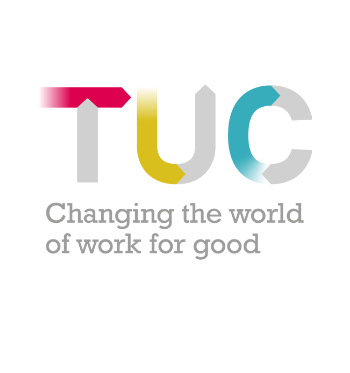Government's solutions don't go far enough
MOT reductions
The government has proposed to relax road safety guidance so that cars will only need to have their MOTs once every two years, as opposed to annually. This is expected to save standard motorists a maximum of only £55 every two years, or an average of £27.50 a year.
There are safety concerns about this suggestion, as around 40% of cars fail their MOT on the first attempt, and industry experts have warned about the dangers of unsafe cars on the road. This policy would also have no affect on the number or cost of repairs and may push these costs up as car issues may become more serious without a regular check-up.
Childcare liberalisation
The government has proposed to relax childcare ratios for younger children, so that childcare providers for under 2-year-olds can have a ratio of four children for every member of staff, as opposed to three.
Childcare constitutes an enormous part of the average young family’s outgoings. Recent figures from Coram found that part-time childcare for children under 2 costs families an average of £7,000 a year.
However, it is hard to estimate what savings, if any, families will be able to recuperate through relaxing staffing ratios. While this may reduce costs for childcare providers, there is no guarantee that these savings will be passed onto parents.
In addition, this raises serious concerns about the wellbeing and education of children. Ofsted has already raised concerns about the education and development of young children during COVID-19. It is now more important than ever that children receive individual care and attention in these settings.
Reducing tariffs on food
The government has also discussed proposals to cut tariffs charged for imported food to address the rising cost of groceries in the UK.
However, imports only account for 30% of all groceries in the UK and, as tariffs will only be lifted for goods that cannot be produced in the UK, the actual number of goods affected will likely be much lower than this.
The TUC has calculated that this will only reduce the average weekly shop by less than £3, and annual savings will be just over £150. However, market researcher Kantar has said that the rise in food prices over the past year was equivalent to £271 a year for the average household, so this proposal does little to tackle the rising cost of groceries.
Scrapping the green levy
The government has u-turned on their suggestion to scrap the green levy – which funds investment in renewable generation and subsidises energy efficiency improvement in poorer households. It is worth £153 annually, which is a fraction of the energy bill cap of £1,971.
Conclusion
In a time of enormous pressures on household finances, the government’s proposed solutions do not go nearly far enough.
The National Institute of Economic and Social Research estimates 1.5 million British households will soon face bills for food and energy which will exceed their disposable income after housing costs. It also warned that a further 250,000 UK households face destitution in 2023.
The TUC is calling for the government to introduce an emergency budget to tackle the worst living standards crisis in generations.
Stay Updated
Want to hear about our latest news and blogs?
Sign up now to get it straight to your inbox

